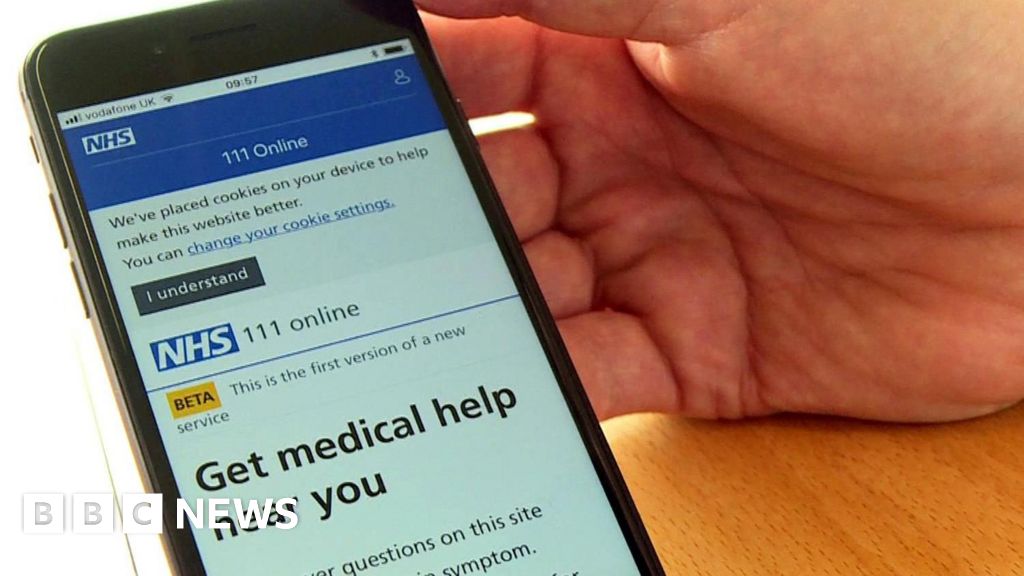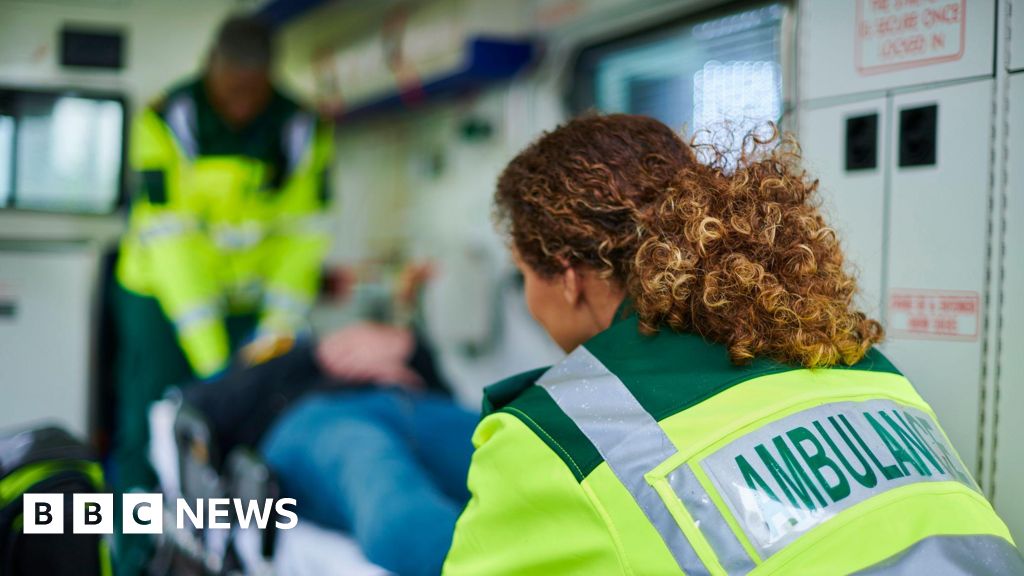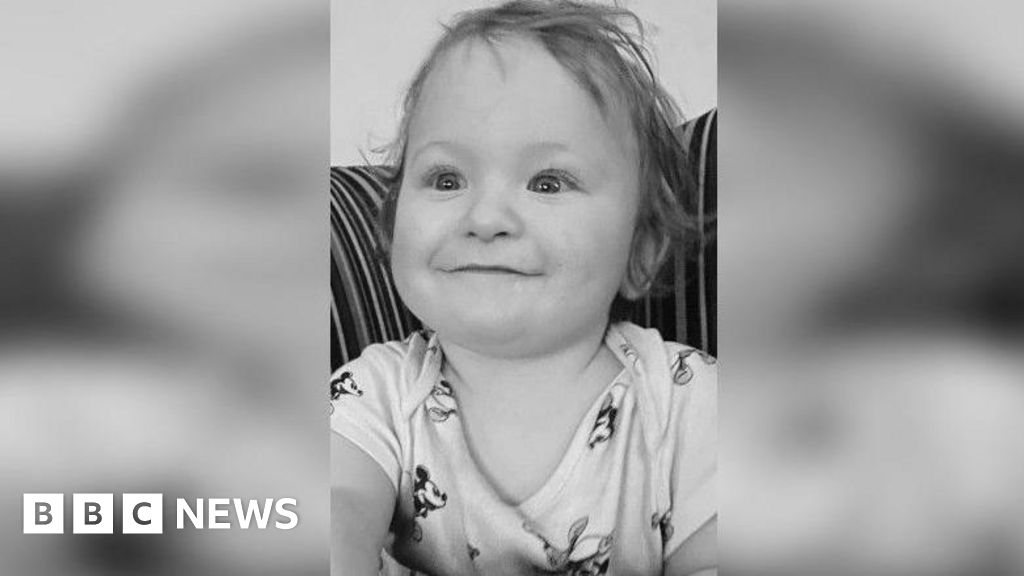ARTICLE AD BOX
By Manish Pandey and James Waterhouse
Newsbeat reporters
"I was surrounded by malaria. All of my friends had it, I had it, my siblings and parents."
Bello Abdul Hakeem Bolaji is one of the millions of people across Africa who've grown up with malaria.
The 25-year-old from Nigeria reckons the historic decision for children across most of the continent to be vaccinated is "life-changing".
The disease is now under control in most continents, apart from in Africa, where more than 260,000 children died from it in 2019.
"It's game-changing news," says Bello, who works in artificial intelligence.
"When I first heard, it was so exciting. Technology defines the modern world and solutions like vaccines have saved the world before from polio, measles and even Covid-19."
Malaria is a parasite spread by mosquitos, and mostly kills babies and infants.
Developing a vaccine after 100 years of trying is seen as one of medicine's biggest achievements.
Bello had to look after his younger sister when she caught malaria at the age of 12. She has sickle cell disease - which affects red blood cells - and really struggled.
"My parents were out of the country and I was the only one, and I was around 17 or 18," he says.
"It was the middle of the night, she started crying, vomiting, her temperature was high and she couldn't even see me.
"So many things going on, I was very scared, I started screaming for the neighbours to help me.
"I rushed to the hospital and they placed her on oxygen, fluids, did tests."
Bello says he's one of the lucky ones as his family could pay the money needed to start treatment - but many others can't afford it.
Bello says many of the friends and classmates died of malaria - some were as young as five years old.
"I would say it's traumatic looking back now and thinking about all the people I grew up with, cousins and extended family, classmates and friends.
"These are people that we love and want to spend time with, whose life gets cut short by the menace of a disease.
"These are people who could have become great doctors, great engineers, and scientists, great innovators, great leaders that could have forged or changed our environment or our community.
"But they never even had that chance."
'There are two outcomes: death or poverty'
Bello says that for many families who live below the poverty line, it just isn't possible to afford hospital treatment.
"The difficult part is so many families cannot afford to catch malaria, they can't pay hospital bills, pay for food or oxygen. In so many cases those children end up dying.
"There's two outcomes from malaria - death or poverty. When most families should be spending money to support businesses or their children's tuition, they are spending money in treating malaria."
That's why, for Bello, the vaccine will be a game-changer.
"So many of the kids I grew up with couldn't afford to pay tuition, or buy uniforms and in some cases couldn't afford to eat because most of the money is spent in hospital.
"At the end of the day, this leads to many of them dropping out of school and then going into a life of crime or low-paying jobs."
'It needs to be accessible for all'
"I don't know how to express my excitement," says Ndifanji Namacha, a doctor based in Malawi.
"From a young age, we thought malaria wasn't preventable. You grow up and hear your classmates can't come to school because they are sick."
Ndifanji both treats Malaria and campaigns for more awareness in the country.
"Africa loses a lot of their finances to malaria.
"That money they were spending to go to hospital, they can now use for their own development."
The new vaccine has been developed by the British pharmaceutical company GlaxoSmithKline, and was first found to be effective six years ago.
"Being trained in a Malawi hospital, especially in the malaria season, you see mothers coming in with convulsing children because of severe malaria," explains Ndifanji.
"You see pregnant women who are suffering, even miscarriages that are resulting from malaria, low-birth-weight babies because of malaria. You're sort of accustomed to it."
Despite the vaccine being approved for use, Ndifanji isn't going to stop campaigning to her government.
"We need that vaccine to be accessible for all, and that is only when we can talk about uptake and people's responses to it."

 3 years ago
147
3 years ago
147








 English (US) ·
English (US) ·